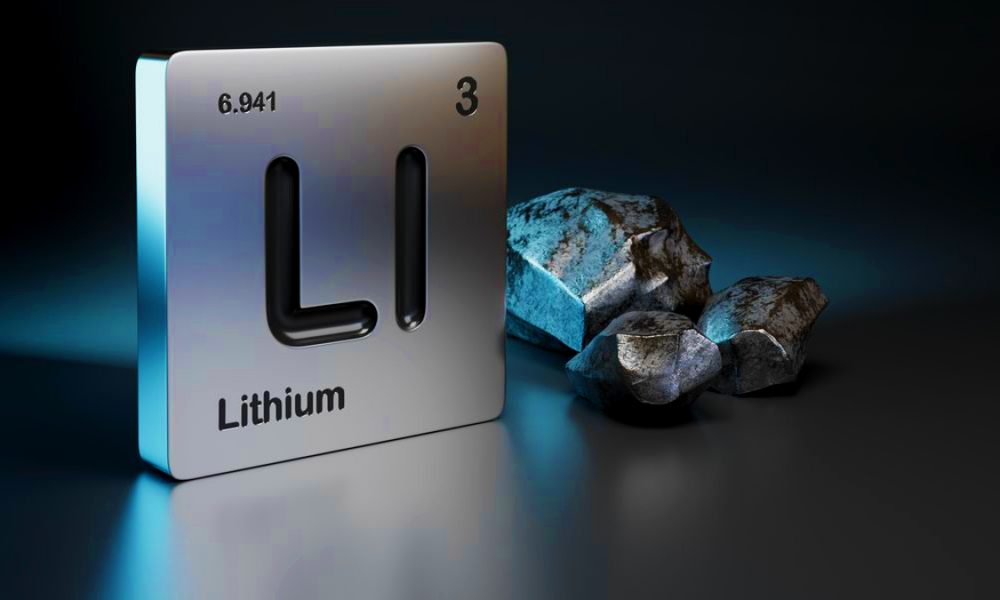The new rush for lithium — sometimes referred to as ‘white gold’ — in Africa risks fueling corruption and harming local communities and the environment, according to a latest study by UK-based nonprofit Global Witness that investigated three emerging lithium mines in Zimbabwe, Namibia and Democratic Republic of Congo (DRC).
The study has found that the rush for lithium on the continent — far from delivering a ‘just energy transition’ — risks fueling corruption, and a range of other environmental, social and governance (ESG) problems. For example, in Namibia, Chinese-owned firm Xinfeng Investments has been involved in several controversies, including when it was accused of acquiring its Uis lithium mine through bribery and also when local workers have complained for months about squalid living conditions and unsafe work practices. As well as in Namibia, the report also documents human rights abuses, corruption, displacement and unsafe working practices in lithium mines the DRC and Zimbabwe.
“Going back decades, the mining sector in Africa has often involved corruption and communities not really getting a share of the profits,” said Global Witness senior investigator Colin Robertson, one of the report’s authors. “What we found in the lithium sector is that this trend is set to continue. … This is very concerning.” In Zimbabwe, the report highlights the situation in the Sandawana mine that saw a lithium rush involving thousands of artisanal diggers working in unsafe conditions, with reports of child labour and miners being buried by a mine collapse. In DRC, the development of the Manono lithium deposit, stalled by a dispute involving Australian and Chinese mining companies, has raised numerous corruption red flags, including possible corruption. These cases show that as the lithium rush ramps up, some of the risks facing mineral-rich countries are all too real.
The world’s lithium supply is currently dominated by Australia, Chile and China, which together accounted for over 90% of the 130,000 tonnes produced globally in 2022. However, with demand for lithium expected to increase by 600% between 2022 and 2035, with exploration stage projects gathering pace across Africa, notably in Zimbabwe, Namibia, Ghana, the DRC, Mali and Ethiopia.



